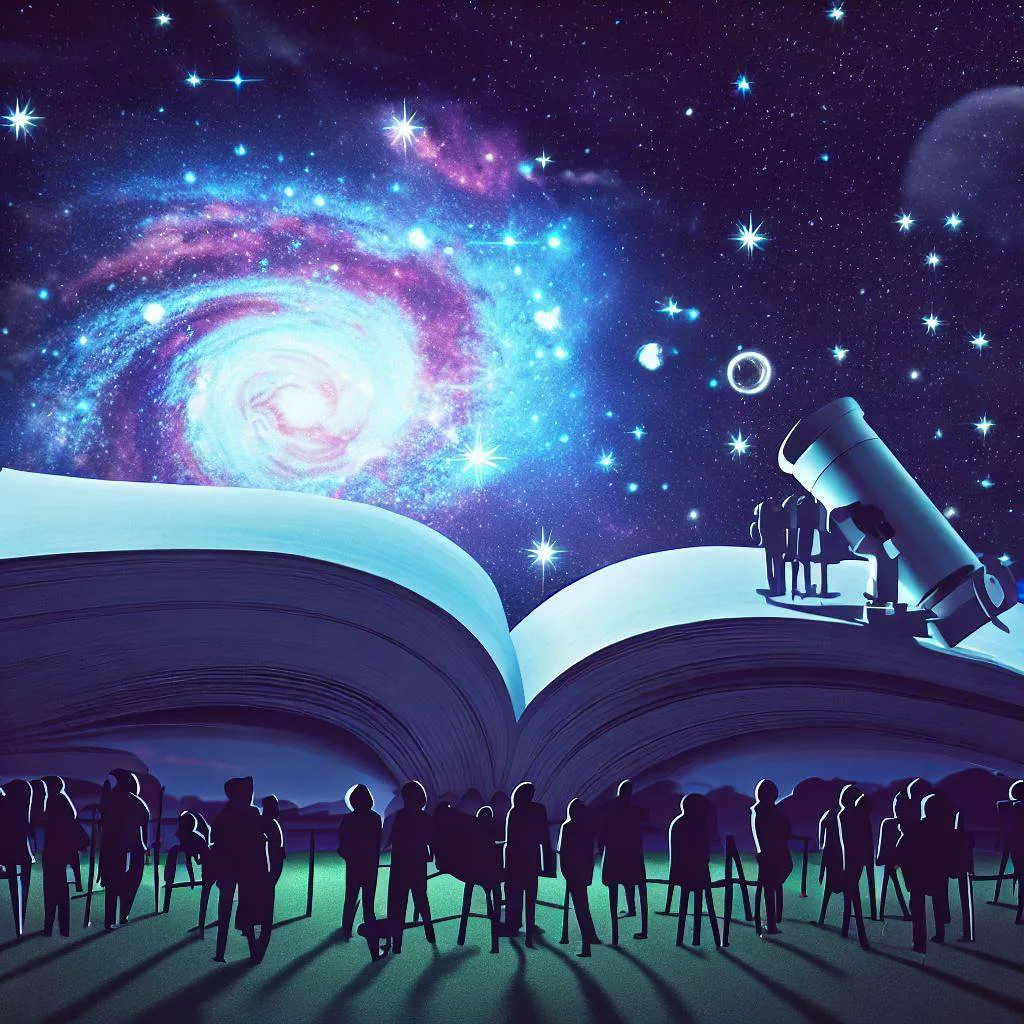
The Eternal Quest: Understanding Our Cosmic Address and Why It Matters
For centuries, humans have looked up at the night sky with wonder, captivated by the shimmering stars and other celestial bodies. From ancient cave paintings to modern-day telescopes, our fascination with the cosmos remains a constant, regardless of time or cultural differences. What drives this insatiable curiosity, and why is it so important?
A Fundamental Human Need: Curiosity
Human beings have an innate drive to explore the universe, fueled by their curiosity. This same drive has led us to traverse vast oceans, conquer insurmountable mountains, and unravel the mysteries of the human genome. Both philosophers and scientists agree that curiosity is a defining trait of our species, more than just a means of survival.
Perhaps Freud would attribute it to a subconscious desire, while Darwin might consider it an evolutionary advantage, yet ultimately, the drive to comprehend the unknown appears to be innate in human nature. And what could be more enigmatic than the vast universe that envelops us?
From Mythology to Astronomy: Evolution of Our Understanding
Throughout history, the night sky has served as a canvas for various societies to express their beliefs, myths, and wisdom. For instance, the ancient Greeks saw Zeus and Apollo in the stars, representing the natural forces. Similarly, early Polynesian navigators viewed constellations as guides that helped them navigate through the vast oceans. In addition, Chinese astronomers carefully documented cometary events, as they believed they could affect empires as omens.
As of today, we are close to unraveling the mysteries of the universe through scientific investigation. Back in the 1920s, Edwin Hubble stunned the world by revealing that the universe is constantly expanding, thus changing our perception of our place in the cosmos. We have come to realize that we are just a small part of a vast and ever-expanding universe. Nevertheless, each new discovery only adds to the intricate and fascinating nature of our existence.
Unfolding Mysteries: What We Know and What We Don't
The field of astrophysics has experienced a revolution in the last century. Two mysterious entities, dark matter and dark energy, have been identified, which together constitute 95% of the universe. Moreover, we have discovered exoplanets that may have the potential to support life, which has challenged our prior beliefs about how rare and unique our planet might be.
However, as physicist Isaac Newton noted, every answer only begets more questions. Are there parallel universes? What exactly happened during the first few milliseconds of the Big Bang? Is there life elsewhere in the universe?
Practical Implications: How Cosmic Curiosity Fuels Innovation
You may wonder, "How does this cosmic endeavor practically benefit us?" The pursuit of fundamental knowledge often leads to unexpected, practical outcomes. The World Wide Web, for instance, was born out of the need to share large amounts of data among physicists at CERN. Technologies developed for space exploration have led to advancements in fields as diverse as medicine, transportation, and agriculture.
Finding Your Place: Philosophical and Existential Ramifications
Understanding our cosmic address isn't just about satellites and telescopes; it touches upon existential questions that reverberate through philosophy and spirituality. It encourages us to confront the Big Questions: Who are we? Why are we here? Are we alone? Even if you’re not a scientist, philosopher, or astronaut, these questions likely hover in the corners of your mind.
What You Can Do: Be a Cosmic Citizen
So, what can the average person do to better understand their place in the universe? Here are some practical suggestions:
1. Educate Yourself: Dive into books, documentaries, or courses about astronomy and astrophysics. Popular science communicators like Neil deGrasse Tyson and Carl Sagan offer accessible gateways into complex topics.
2. Stargaze: Even a simple pair of binoculars can bring the moons of Jupiter to your backyard. Apps like Star Walk can help identify constellations and celestial events.
3. Support Science: Whether it's voting for policies that promote scientific research or directly donating to institutions like SETI or NASA, public support is crucial.
4. Participate in Citizen Science Projects: Organizations such as Zooniverse offer opportunities for non-scientists to contribute to real research, from categorizing galaxies to identifying new exoplanets.
Engage in Conversations: Discuss these big questions with friends, family, or online communities. You'll be surprised at how these conversations can provide new perspectives and insights.
In Conclusion: A Never-Ending Journey
The drive to know our place in the universe is an endeavor, continuously fueled by the interplay between our inherent curiosity and the mysteries that signal from beyond the stars. It is a quest that has practical applications, driving technological innovation and enriching our quality of life on Earth. It also has existential implications, challenging our preconceptions and fueling our philosophical debates.
We may never fully understand our cosmic address or decode all the mysteries of the universe. But in the process of seeking, we better ourselves and our world. And perhaps, in that very act of looking outward, we may also find the most elusive answers about our inner selves.
So go ahead—look up. The sky is not the limit; it's just the beginning.




